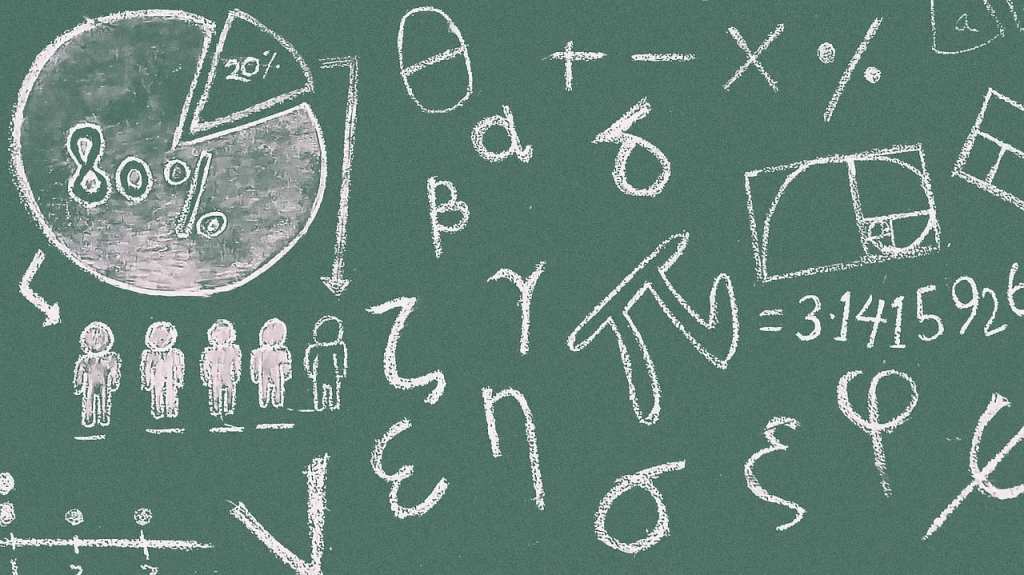Kids who enter and compete in math tournaments are way smarter than I ever even thought about being in high school. I can’t solve regular math problems when I substitute-teach 6th grade, so this exceptionally tricky problem given to math olympiads in Singapore is just way, way above my pay grade.

Photo Credit: Touchstone Pictures
But if you’re into that sort of thing, here’s the New York Times’ edited version of the problem (to help smooth out the translation into English):
“Albert and Bernard just met Cheryl. ‘When’s your birthday?’ Albert asked Cheryl. Cheryl thought a second and said, ‘I’m not going to tell you, but I’ll give you some clues.’ She wrote down a list of 10 dates: May 15, May 16, May 19, June 17, June 18, July 14, July 16, August 14, August 15, August 17. ‘My birthday is one of these,’ she said. Then Cheryl whispered in Albert’s ear the month – and only the month – of her birthday. To Bernard, she whispered the day, and only the day. ‘Can you figure it out now?’ she asked Albert. Albert said, ‘I don’t know when your birthday is, but I know Bernard doesn’t know either.’ And Bernard said, ‘I didn’t know originally, but now I do.’ Albert replied, ‘Well, now I know, too!’ So when is Cheryl’s birthday?”
As with any good word problem, the amount of reading is supposed to trip you up and get you a little lost. But how could Albert and Bernard help each other guess correctly without sharing their individual knowledge?

Photo Credit: iStock
The secret lies in the possible dates Cheryl chose to share…
If you’re ready for answers, turn the page!






